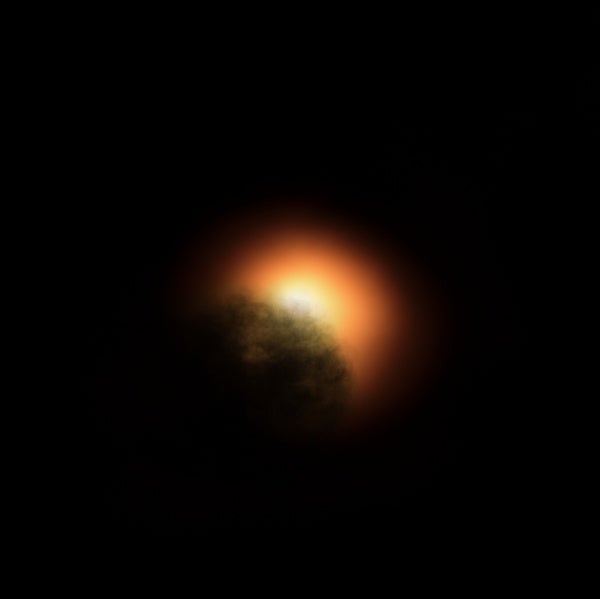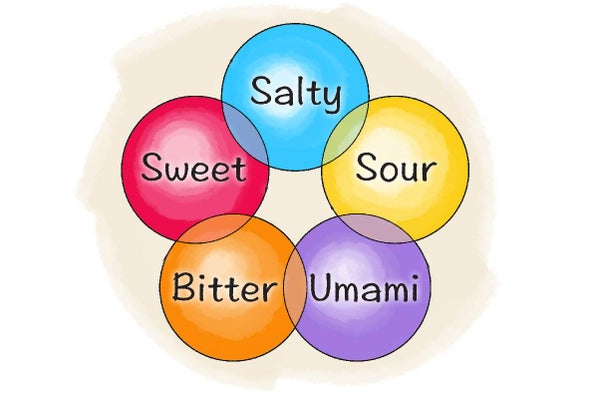 |
| June 24, 2022 |
 |
| |
| |
| |
| |
| |
| |
| |
| |
| |
| |
| |
| |
FROM THE STORE
 | | The Math of Everything Galileo said that mathematics is the language of nature. This eBook examines math across disciplines, exploring how math is the backbone connecting the physical, social and economic worlds. From practical questions about the significance of p values and using math to fight gerrymandering to the top theoretical problems in the field, this collection looks at what math reveals about our universe. |  | | |
BRING SCIENCE HOME
 | | How Sour or How Sweet Is Your Lemonade? |  What makes lemonade delicious? Learn how molecules in our foods and drinks interact to make just the right taste with this activity you can try--and sip--at home! Credit: George Retseck | Cooking is a fun and rewarding activity. It allows you to be a cook and scientist at the same time, experimenting with endless taste combinations! The five tastes humans can experience are: sweet, sour, salty, bitter and umami (savory). But have you ever experienced some combinations that were delicious and others that were downright yucky? How do cooks come up with delicious recipes? And even more amazingly, how can they replicate the same exact flavors over and over again? Does science have anything to do with it? This activity will show how cooking and science can yield a delicious partnership. | |  | |
LATEST ISSUES
 |
| |
| Questions? Comments?  | |
| Download the Scientific American App |
| |
| |




